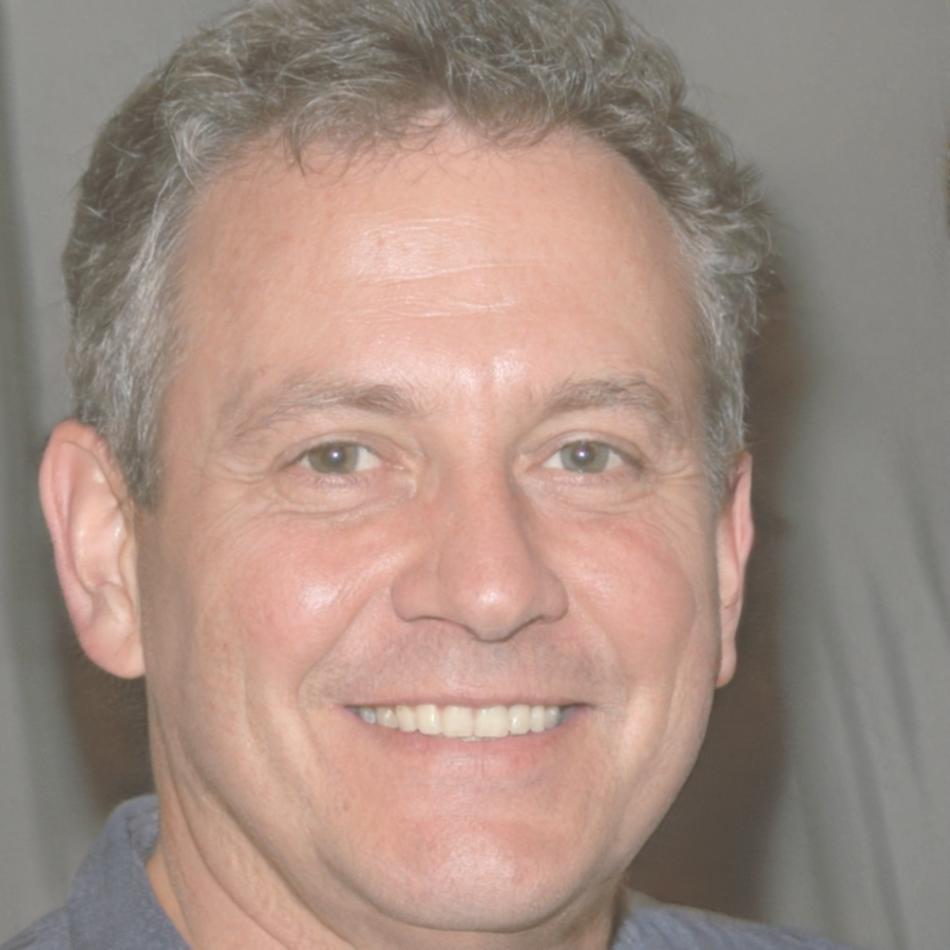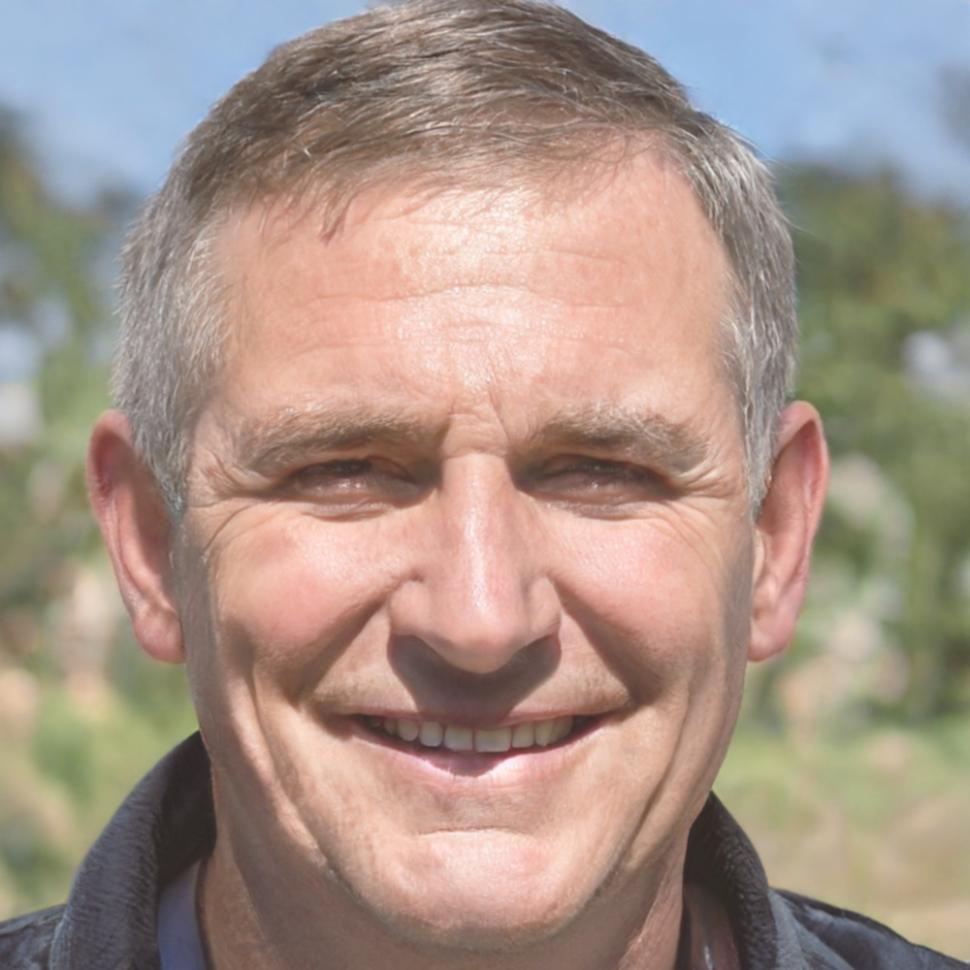How We Actually Teach Financial Clarity
Here's something we learned back in 2021 when we started working with small business owners in Taiwan—people don't need more spreadsheets. They need someone who speaks their language and actually gets what keeps them up at night.
Our methods grew from real conversations with real people who were drowning in receipts and bank statements. We stripped away the corporate jargon and built something that makes sense to actual humans trying to run their businesses.
View Our Programs
Our Journey From Theory to Practice
We didn't start with a perfect system. Like most good things, our approach developed through trial, error, and lots of feedback from people who told us when something wasn't working.
Starting With Questions
Our founder spent six months just listening. Coffee shops in Tainan became our research lab. Small business owners shared their frustrations—complicated software, accountants who spoke a different language, fear of making expensive mistakes.
Building What Works
We tested three different teaching formats before finding one that stuck. Turned out people learn better when concepts connect to their actual daily decisions. Who knew? (Well, everyone told us, actually. We just had to listen.)
Refining Through Feedback
Every semester we adjust based on what participants tell us. Some modules we've completely rewritten. Others we've expanded because people asked for more depth. This year we added case studies from local businesses—because abstract examples just don't hit the same.

Henrik Lundqvist
Program Development LeadFormer small business owner who spent too many nights confused by his own books. Now helps others avoid that particular flavor of stress.

Matias Korhonen
Senior InstructorSpent 15 years doing financial consulting before realizing he preferred teaching. Says the lightbulb moments make up for the occasional frustrating spreadsheet.
People Behind the Programs
We're not going to claim we have the world's most revolutionary teaching team. But we do have people who've been where our participants are—confused, overwhelmed, and tired of finance feeling like a foreign language.
Henrik started this whole thing because he wished someone had explained budgets to him back when he was running a small export business. He made every mistake in the book (sometimes twice) before figuring out what actually mattered. Now he builds programs around those lessons.
Matias joined us in early 2023 after getting tired of consulting work that never quite stuck. He's the one who pushed us to add more interactive sessions and fewer lecture-style modules. Turns out he was right—participation jumped by quite a bit once we made that shift.
Real-World Experience Matters
Every instructor we work with has actually dealt with messy finances in real businesses. Not just textbook scenarios. That practical background shows up in how they explain things and which details they emphasize. You can't fake that kind of understanding.

Questions We Get Often
How do you decide what to teach?
We start with what people actually struggle with. Every few months we survey past participants and ask what they still find confusing. Those answers directly shape our curriculum updates.
Do you teach accounting software?
Sort of. We focus on understanding the concepts first, then show how software helps implement those concepts. Different businesses use different tools, so we keep it flexible rather than drilling down on one specific program.
What if I'm terrible with numbers?
Most of our participants say that before starting. Budget consolidation is more about organization and decision-making than complex math. If you can add and subtract, you've got the technical skills needed.
When do programs typically start?
Our next comprehensive program begins in September 2025. We also run shorter workshops quarterly. Check our learning program page for the current schedule and what's opening up next.
How do you handle different experience levels?
We split into smaller groups after the first session based on where people are starting from. Some folks need basics, others want advanced consolidation techniques. Everyone gets the depth they need without sitting through material that doesn't match their situation.